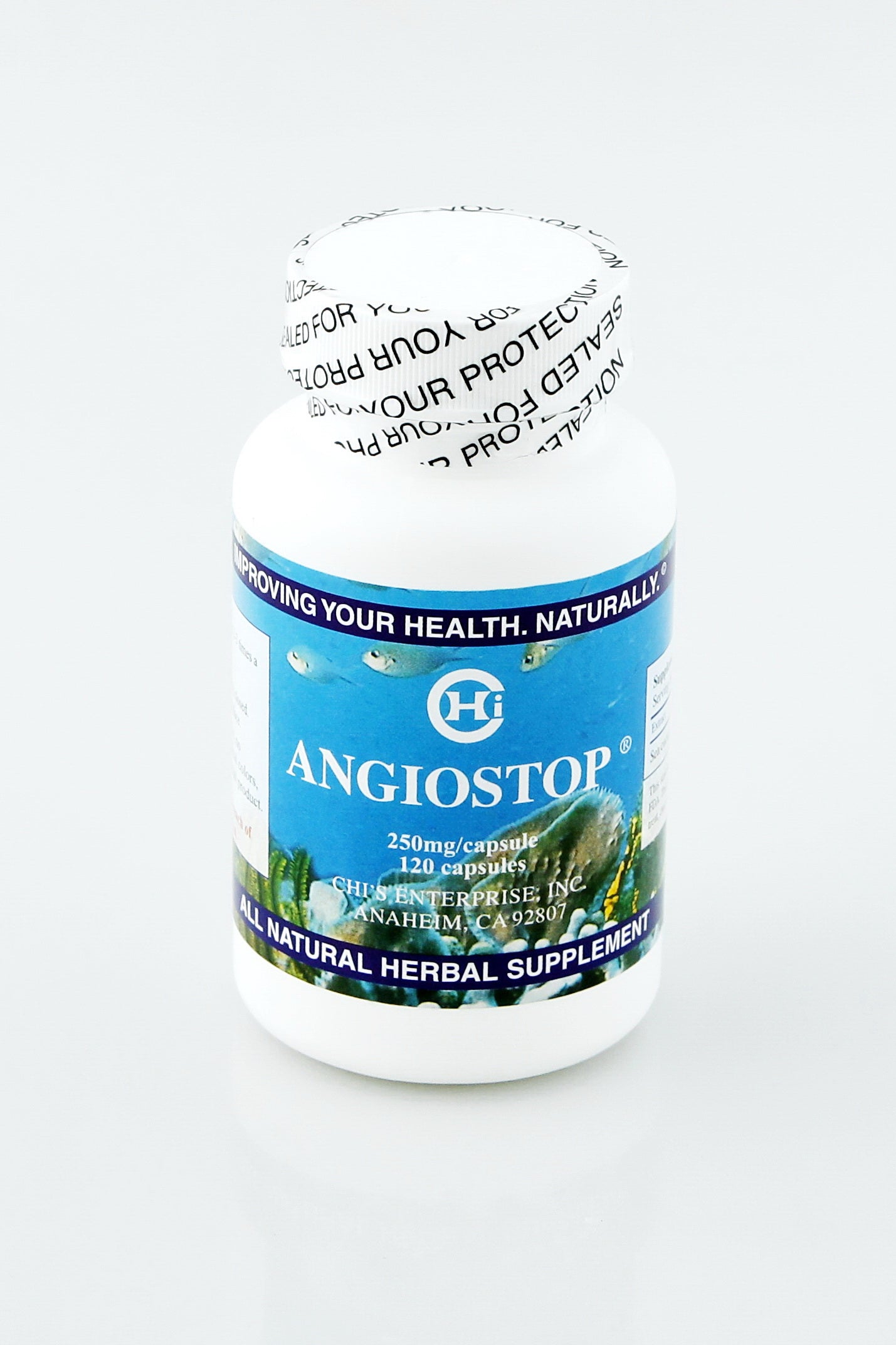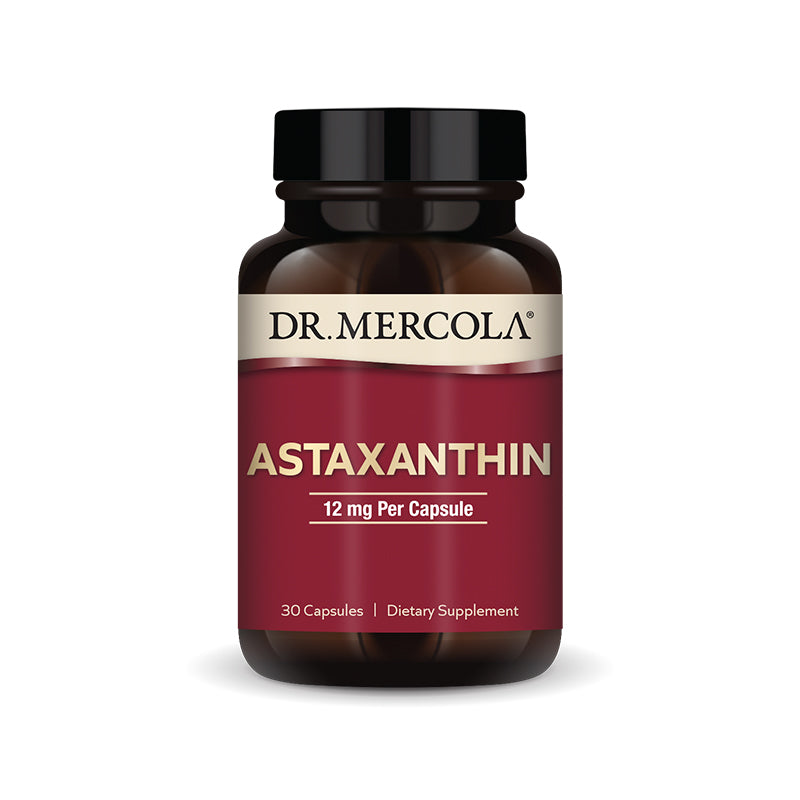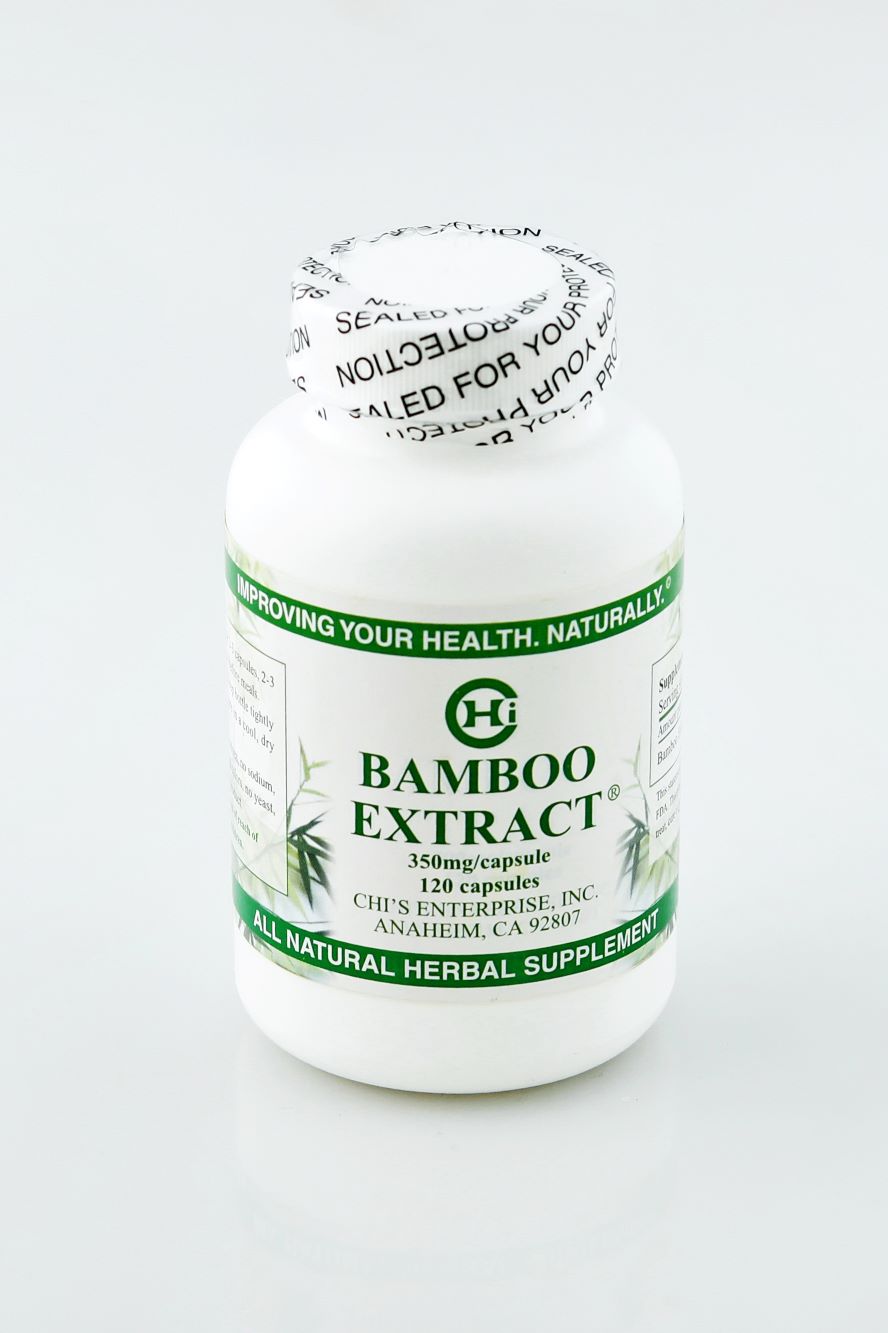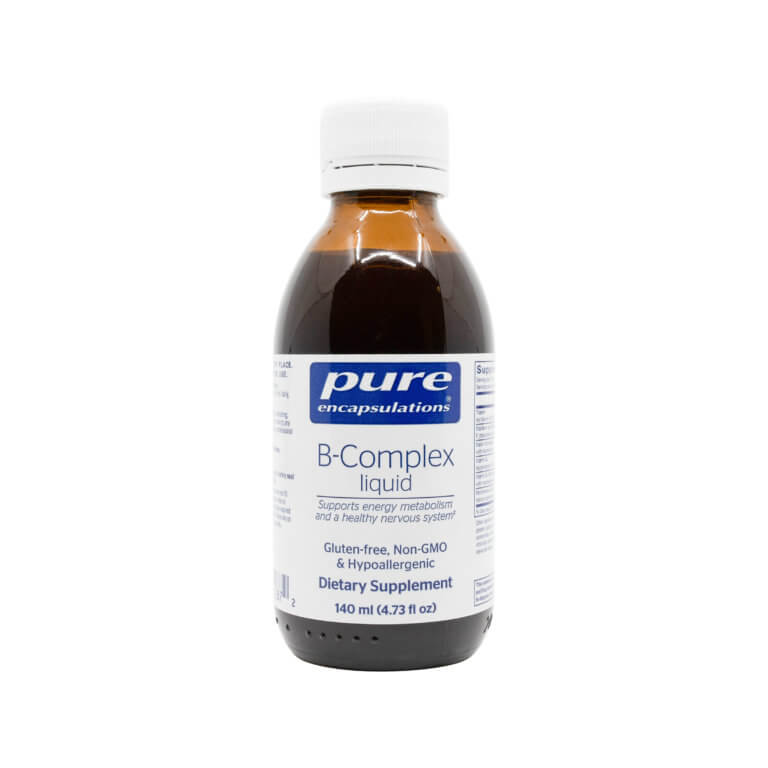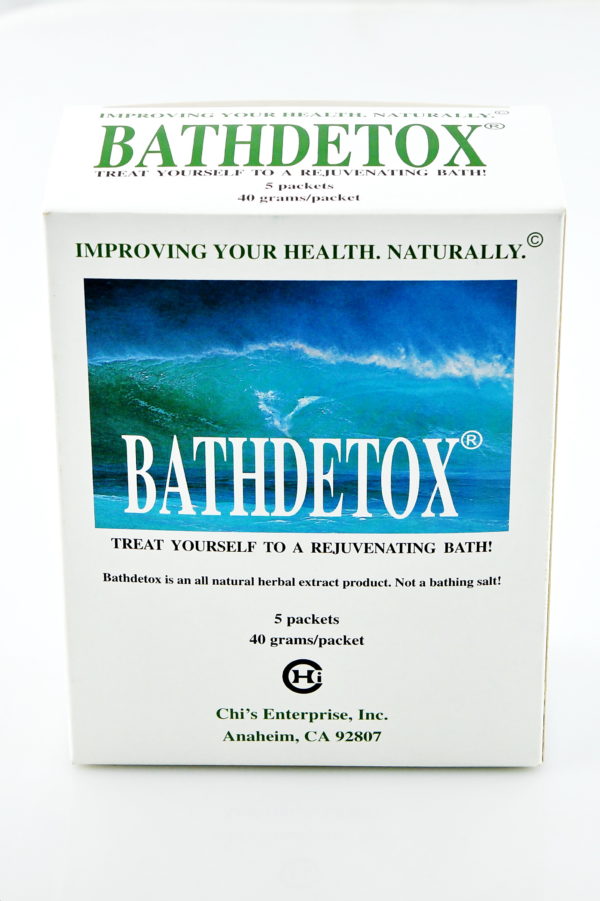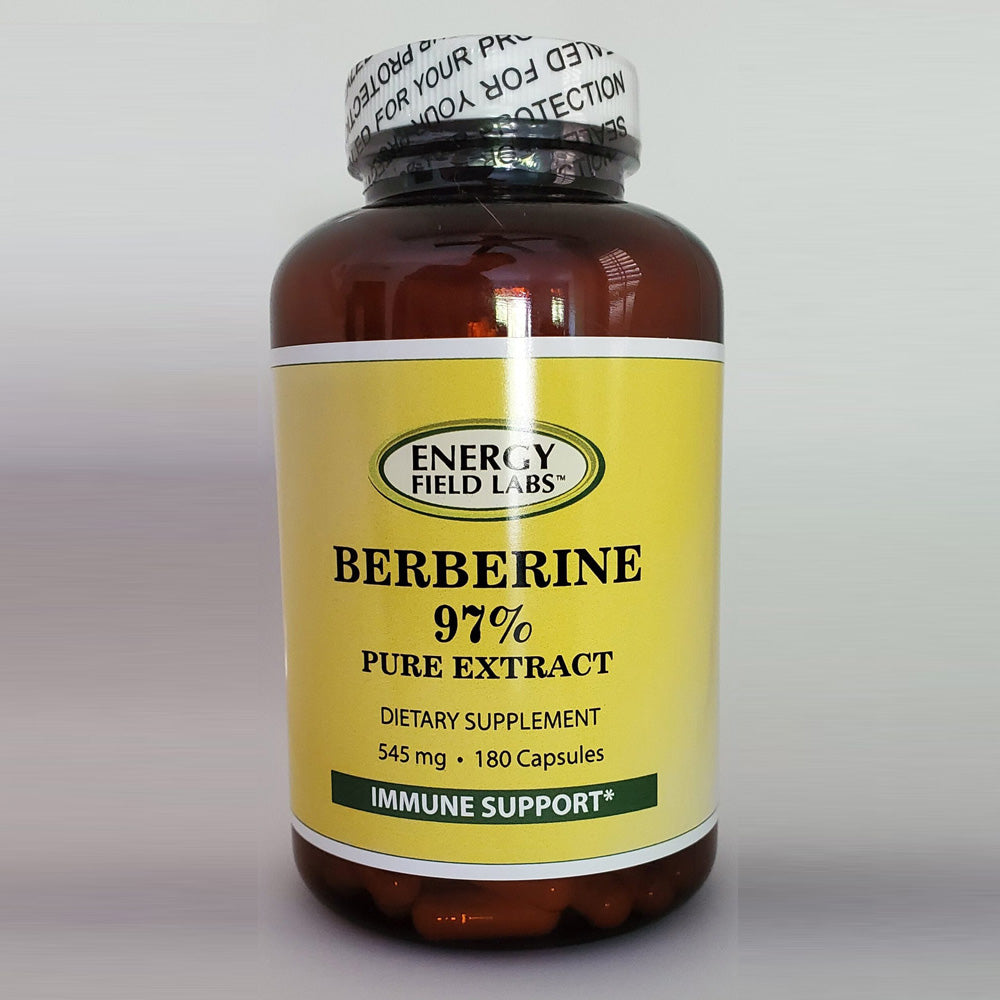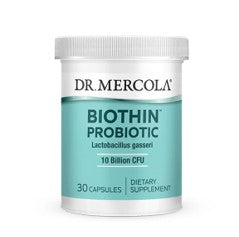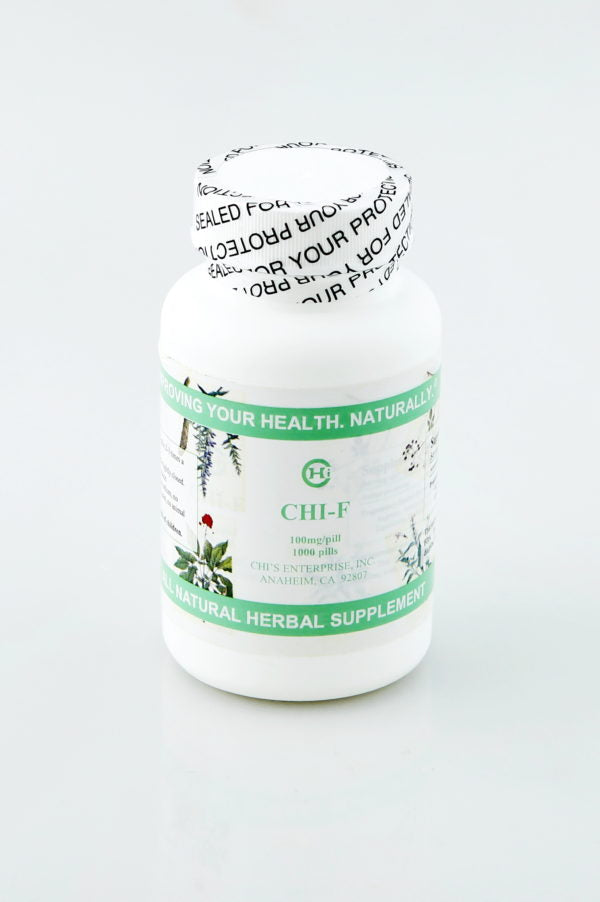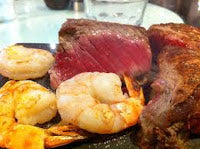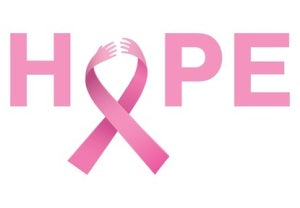Cart
0
by
Read the labels on the foods you buy.
Watch out for the ingredient carrageenan.
Carrageenan is considered a harmless food additive by the US government. Unfortunately medical research has proven otherwise. Carrageenan is known as Irish Moss and is actually a seaweed. Most people would assume that this food additive would be nutritious considering it is a sea vegetable. On a positive note this sea vegetable is high in iodine, sulfur, trace minerals and vitamins. But it is important to know that the bad far outweighs the good when it comes to the consumption of carrageenan. In over 40 studies, carrageenan was found to create ulcers and cancers in animals. It easily triggers inflammatory disease in the human colon as well. And many researchers believe that it promotes not only irritable bowel but breast cancers and more. It changes detoxification in sulfur pathways (needed for hormones, toxins, etc.,), and may even be responsible for DVT (deep vein thromboses or blood clots in the lower legs). Chemists have discovered that carrageenan suppresses gamma interferon, a cytokine crucial for tumor and infectious control (like hepatitis), as well as control of inflammation and autoimmune disease, arthritis, and more. Finally carrageenan has been found to be part of the cause of the epidemic of diabetes, insulin resistance, metabolic syndrome, and more. The average intake of carrageenan for most individuals is 100 mg a day. Where do you find carrageenan? It prevents separation in foods containing milk or chocolate, and improves the texture of not only foods, but cosmetics and even toothpastes, room deodorizers and pesticides. It’s commonly found in cottage cheese and ice cream to infant formulas, dietetic beverages and low-fat meats and yogurts. For decades it was used as a thickener in puddings. So the take-away is read the labels on the foods and products you consume and stay clear of anything that has carrageenan listed. Compliments from Functional Medicine University and have it linked back to www.
